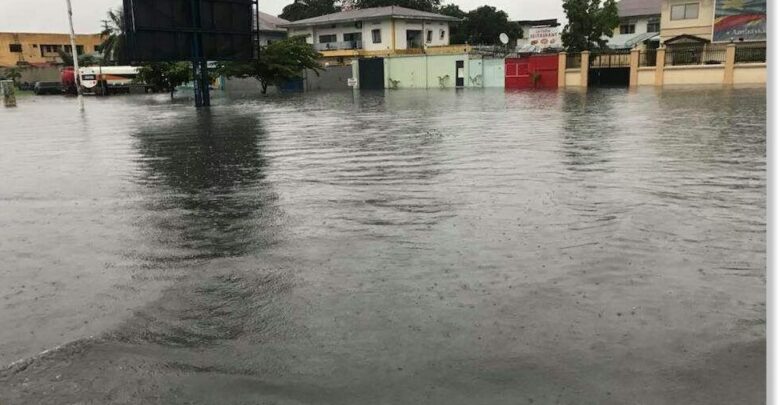Nigeria
Nigeria’s Government: Death Toll From Worst-Ever Flooding Crosses 600 Mark

Nigeria’s ministry of humanitarian affairs on Sunday said over 600 people have lost their lives in the worst flooding the country has seen in a decade, reported The TRT World.
“Unfortunately, over 603 lives have been lost as of today October 16, 2022,” said Humanitarian Affairs Minister Sadiya Umar Farouq during a press conference on Sunday.
The minister said that the last week’s toll stood at 500, but the numbers had risen in part because some state governments had not prepared for the floods.
According to a statement released on Twitter, some 1.3 million people have been displaced, and more than 200,000 homes have been destroyed. The disaster has affected 27 of Nigeria’s 36 states. Roughly 82,000 houses and 110,000 hectares (272,000 acres) of farmland had been submerged and destroyed.
Notably, Nigeria is used to seasonal flooding, but this year has been significantly worse than usual. The government claims unusually heavy rains and climate change are to blame for the deteriorating flood condition in the country.
Furthermore, the emergency release of excess water from dams both in Nigeria and in Cameroon was another key factor causing devastating flooding. Poor planning and infrastructure have also exacerbated the damage.
Nigeria’s humanitarian affairs and disaster management minister called on local authorities to evacuate people living in the most high-risk areas as weather experts expects the flooding to continue until the end of November.
She said the authorities are already providing food and other support to the flood affected people. She added that despite ”concerted efforts” and early warnings, many state governments “did not prepare” for the flooding.
Last month, the World Food Programme (WEF) and the UN’s Food and Agriculture Organization (FAO) said Nigeria was among six countries facing a high risk of catastrophic levels of hunger.
The devastation of farmland comes at a time when Nigeria is already facing heightened food insecurity because of high prices of food products, which is partly a result of the Russia-Ukraine war.





